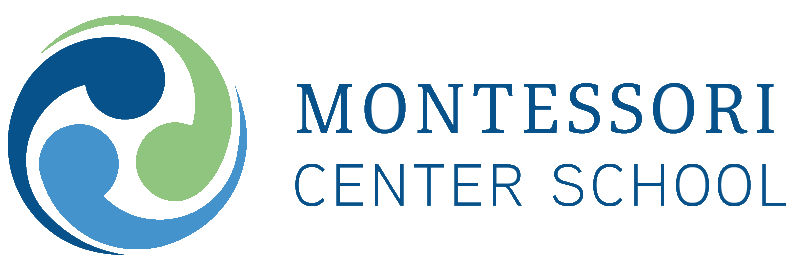150 Years: A Montessori Book List for Adults
This article is part of a series that we will share throughout the year to celebrate the 150th birthday of Dr. Maria Montessori. Check back often for more posts that reflect on the past, present, and future of Montessori education.
Whether you are looking for original titles written by Montessori herself, modern parent-friendly guides, or other books that may be of interest to Montessori parents, this list is for you. We’ve included a link to purchase within the title. Happy reading!
Concise and readable, the book has been relied upon for almost two decades as the definitive guide to the writings of Maria Montessori and to the teaching and application of her ideas in today’s educational arena, as well as being an indispensable sourcebook for teacher training programs, advice on choosing schools, materials needed for the classroom, and much more.
This book fills a growing demand for contemporary books on Montessori education and how it applies to childhood learning and education in the 21st Century.
This book is the ultimate guide for anyone who is discovering Montessori or is interested in gaining a modern scientific perspective of the approach. Lillard, a professor of psychology at the University of Virginia, was awarded the Cognitive Development Society’s book award for this title. In an easy-to-read format, she aligns Montessori’s original ideas with current research findings. In reading this book, parents and teachers alike will develop a clear understanding of what happens in a Montessori classroom and, more important, why it happens and why it works.
In detailed accounts, Lillard shows how children acquire the skills to answer their own questions, learn to manage freedom with responsibility, and maintain a high level of intellectual stimulation by using the Montessori Method. This is an essential handbook for parents and teachers who have chosen the Montessori alternative for the older child.
Written by an experienced and certified Montessori teacher, it details ways parents can support the unique (and constant!) needs of toddlers. It shares how Montessori’s ideas can be applied by parents with children ages 1-3 in the home.
This book was written for parents of children from birth to six years of age. Now on its second edition, How to Raise an Amazing Child the Montessori Way has helped many families by describing Montessori’s basic ideas and giving clear, helpful examples of what you can do at home to support your child’s development. Readers will gain information about a wide range of topics like brain development, gentle discipline strategies, and how to foster independence – with plenty of specific strategies.
This much-loved and easy to read book is another great introduction to Montessori. Written by the parent of Montessori children it weaves the stories of one family’s journey into the teaching of Montessori’s hallmarks, including the sensitive periods, the prepared environment, and freedom of choice.
This is not a Montessori book but will appeal to Montessori parents nonetheless. Louv writes about how time spent in nature directly relates to child development. He argues that many of the physical and emotional issues faced by children today are a direct result of our decreased contact with the outdoors. Louv was the 2008 recipient of the Audubon Medal; you can learn more about his work at http://richardlouv.com/.
Interested in reading some of Montessori’s original works? Check out these titles:
Maria Montessori describes the nature of the child and her method. She believes that once the general principles of her method have been grasped, the verbal instruction can be replaced by ‘material for development’, which affords children the opportunity of teaching themselves by their own efforts. The teacher thus becomes a director of the children’s own spontaneous work.
Montessori considered the period of birth to six years of age to be the most significant developmental period in a child’s life. This book illustrates those developments and how we might prepare an environment conducive to aiding the child on this journey.
This book was written to explain how the Montessori Method applies to children older than six years. The elementary curriculum is very different from the primary curriculum. This is intentional and out of respect for the child’s development. Children at the elementary level are very social, have wonderful imaginations, and experience a deep craving to learn about the world and universe. In this book, Montessori outlines how we might prepare an environment that serves older children and their unique developmental needs.
The post 150 Years: A Montessori Book List for Adults appeared first on Montessori Center School.
Programs
Montessori Center School admits students of any race, color, religion, national and ethnic origin, gender identity, and sexual orientation to all rights, privileges, programs and activities general recorded or made available to students at the School. It does not discriminate on the basis of race, color, religion, national and ethnic origin, gender identity or sexual orientation in the administration of its educational programs, admission and tuition assistance policies, and athletic or other school-administered programs. Non-Profit Education Organization, License No. 426205239



